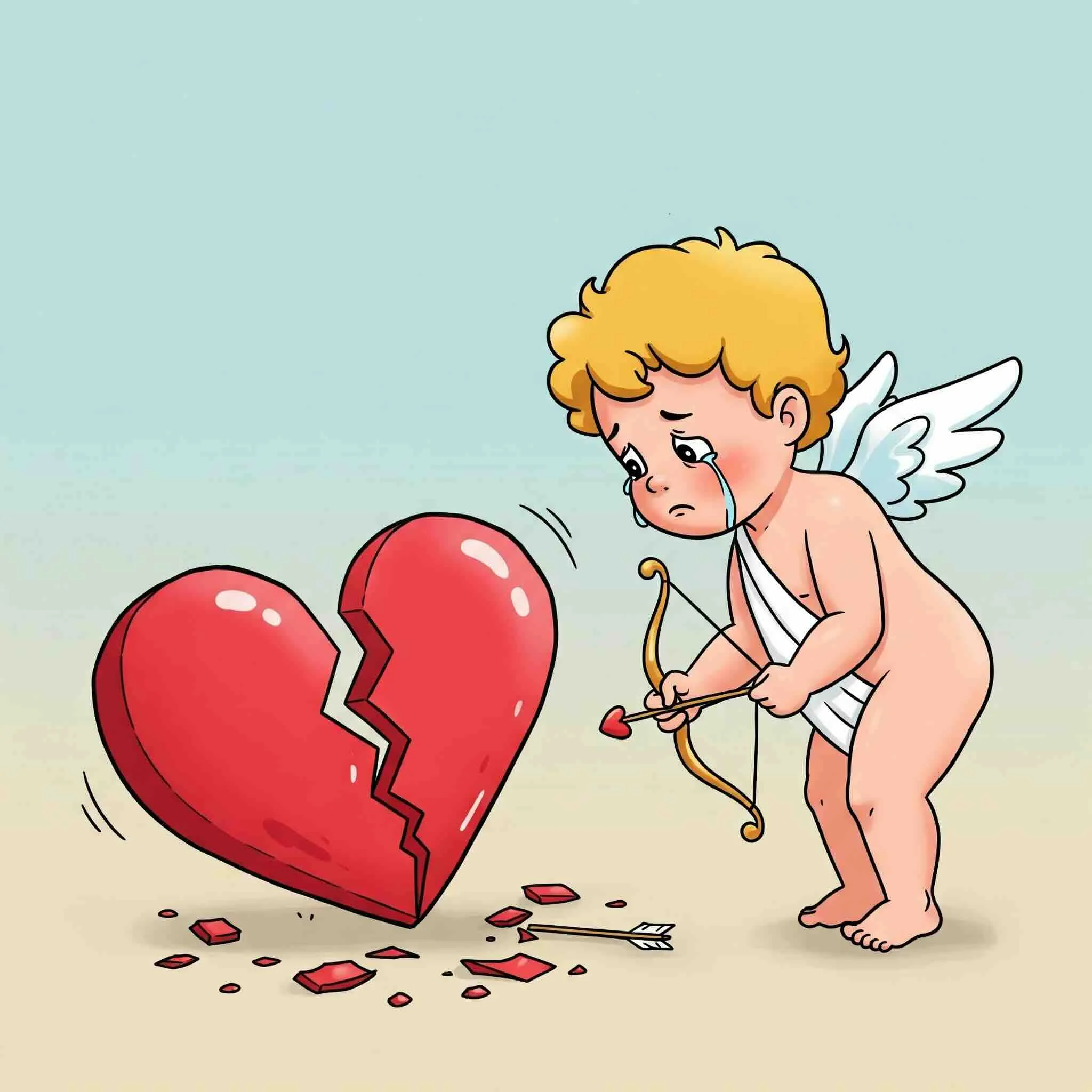Once, in the soft light of Tehran’s spring, love felt like truth. Boulevards bloomed with pink blossoms, and the city whispered promises through its warm, scented breeze. It was the kind of love that lived in verses of Hafez, in songs played too loud on cassette decks. But that was youth speaking—a voice heavy with poetry and illusion.
I remember watching him from behind the curtain—the boy on the rooftop across the alley. Always pretending to fix something that didn’t need fixing. Always looking up, just after I did. We never spoke. I never even knew his name. But every time our eyes almost met, it felt like something fluttered awake in me.
It was foolish, fragile, utterly innocent. Yet somehow, in that quiet choreography of stolen glances, I was convinced it meant something. That it was love.
As the years pass, love begins to look different. The urgency fades. Priorities shift. What once felt like devotion begins to feel like duty. The spark, that old cliché, dies quietly—not with heartbreak, but with indifference. Two people, orbiting one another out of habit. A calendar filled with logistics. The quiet, consistent erosion of magic.
Science, ever unsentimental, backs this up with brutal clarity. Love, it turns out, is less miracle and more molecular. A surge of dopamine mimics the high of addiction. Brain scans show lovers’ brains light up like junkies on a bender. We weren’t enchanted—we were chemically hijacked.
It made evolutionary sense. Nature needed us to pair off just long enough to secure the survival of our offspring. So it invented romance: a short-term delusion packaged as destiny. A useful hallucination.
In the diaspora, far from home, we cling to the myth even tighter. We romanticize what we left behind: the smell of rain on Valiasr Street, the way someone once looked at us under a Nowruz sky. But it wasn’t love—it was projection. A longing for connection, for identity, for safety in a world that kept shifting under our feet.
Love, we were told, conquers all. But it doesn’t conquer migration paperwork, culture shock, aging parents, or the awkward silence that grows between two people who have nothing left to say. It doesn’t conquer the exhaustion of survival.
In the end, love begins to feel like bullshit, a beautifully packaged lie, inherited and repeated, sold to us in films, set to music, wrapped in tradition. It dazzles like spring in Tehran, arrives suddenly, blooms briefly, then vanishes—leaving only dust, memory, and a silence that feels far more honest.

